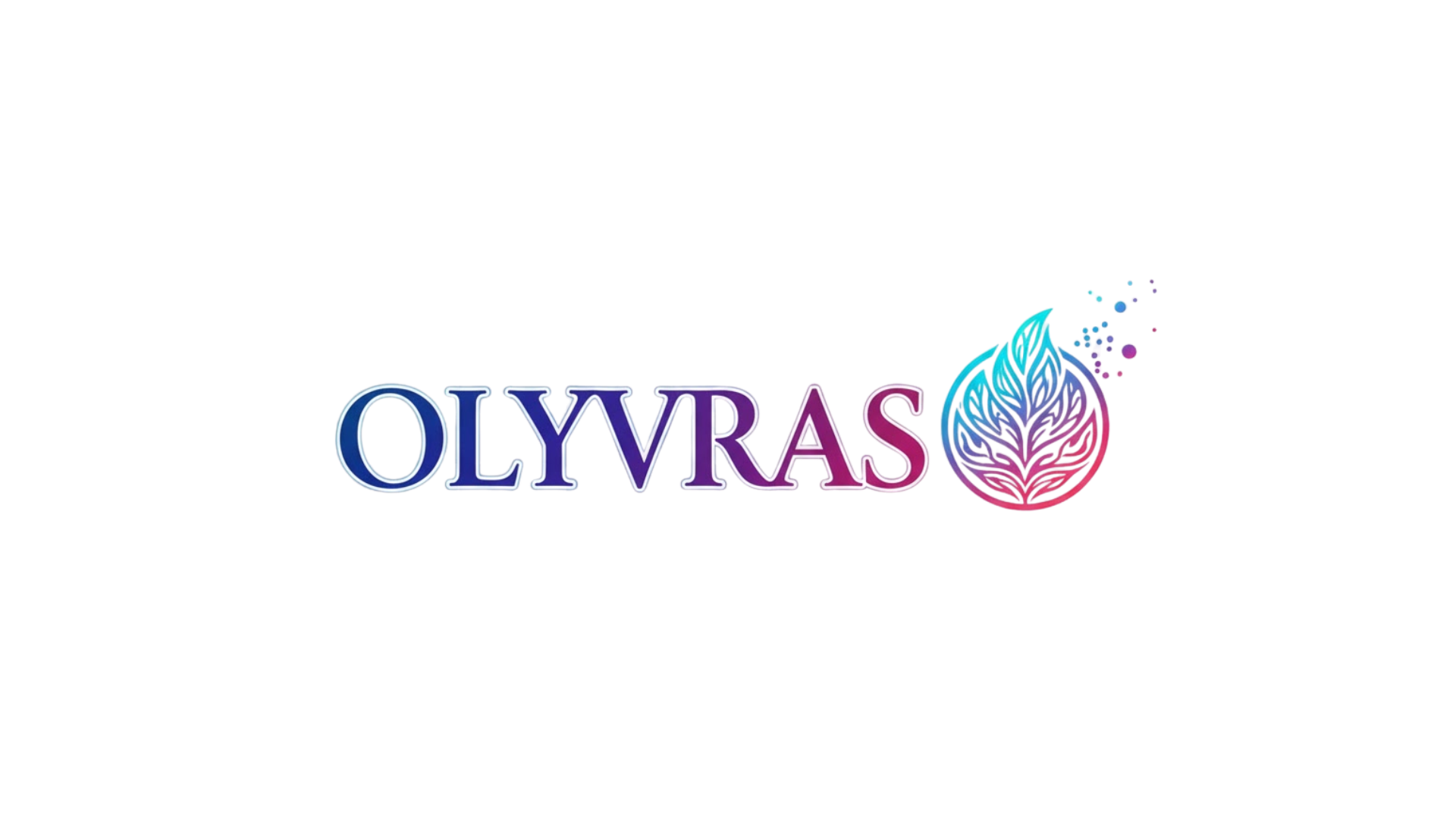Humanity stands at a crossroads where cooperation could define our collective future, shaping civilizations that transcend current limitations and build truly sustainable societies.
Throughout history, human progress has been marked by moments of collaboration and unity, yet also by conflict and division. As we face unprecedented global challenges—climate change, resource scarcity, technological disruption, and social inequality—the need for cooperative civilizations has never been more urgent. The question is no longer whether we should cooperate, but how we can design systems, institutions, and mindsets that make cooperation the default rather than the exception.
The concept of cooperative civilizations extends beyond simple partnerships or alliances. It encompasses entire societal structures built on shared values, mutual benefit, and collective problem-solving. By exploring future scenarios where cooperation becomes the foundation of civilization, we can better understand the pathways available to us and the choices that will determine which future we inhabit.
🌍 The Foundation: Why Cooperation Matters More Than Ever
Our interconnected world presents challenges that no single nation, corporation, or community can solve alone. Climate change doesn’t respect borders. Pandemics spread globally within weeks. Economic crises cascade across continents. These realities demand cooperative responses at scales previously unimaginable.
Research in evolutionary biology, game theory, and social sciences consistently demonstrates that cooperative strategies often outperform competitive ones in the long term. The success of early human societies depended heavily on cooperation for hunting, gathering, and protection. Today’s challenges require us to scale these cooperative instincts to global proportions.
The shift toward cooperative civilizations represents not just an idealistic vision but a pragmatic necessity. Studies show that societies with higher levels of social trust, civic engagement, and collaborative governance consistently achieve better outcomes in health, education, innovation, and quality of life. The evidence is clear: cooperation works.
Scenario One: The Networked Commons 🌐
In this future scenario, humanity develops robust digital and physical commons—shared resources managed collectively by communities at various scales. Unlike the privatization trends of the late 20th and early 21st centuries, this model recognizes that certain resources and knowledge should remain accessible to all.
The networked commons includes open-source technology platforms, shared renewable energy grids, community-managed urban spaces, and global knowledge repositories. These commons are governed through participatory decision-making processes enabled by advanced digital democracy tools that allow millions to contribute to policy formation.
Key Features of the Networked Commons
Decentralized governance structures ensure that power remains distributed rather than concentrated. Blockchain technology and its successors enable transparent resource allocation and decision-making processes that build trust without requiring centralized authorities. Local communities maintain autonomy while connecting to global networks for resource sharing and mutual support.
In this scenario, education becomes a truly global commons, with knowledge freely shared across borders. Scientists collaborate on open research platforms, eliminating redundant work and accelerating innovation. Medical discoveries are immediately available worldwide, dramatically reducing health disparities.
Economic models shift toward contributive rather than extractive systems. People earn through adding value to commons rather than primarily through capital accumulation. Universal basic services—healthcare, education, housing, internet access—are guaranteed as fundamental rights, freeing people to pursue meaningful work and creative endeavors.
Scenario Two: Bioregional Confederations 🏞️
This alternative future sees humanity organizing primarily around ecological boundaries rather than historical political borders. Bioregional confederations form based on shared watersheds, climate zones, and ecosystems, with governance structures designed to maintain ecological balance while meeting human needs.
Each bioregion develops specialized knowledge about its unique environment, creating sustainable practices adapted to local conditions. These regions then confederate, sharing innovations and resources while maintaining local autonomy. The result is a patchwork of diverse approaches united by common ecological principles.
Living Within Ecological Limits
Bioregional civilizations prioritize regenerative practices that restore rather than deplete ecosystems. Agriculture transforms from industrial monoculture to diverse polyculture systems that work with natural processes. Cities redesign themselves as integrated components of their bioregions rather than isolated urban islands.
Technology serves ecological restoration rather than exploitation. Sensors monitor ecosystem health in real-time, providing data that informs collective decision-making. Artificial intelligence systems model the long-term impacts of proposed activities, helping communities understand the consequences of their choices before implementation.
Trade between bioregions emphasizes sufficiency and sustainability rather than endless growth. Regions exchange genuine surplus and specialized knowledge rather than competing for market dominance. Economic success is measured by ecological health indicators alongside human wellbeing metrics.
The Technology-Cooperation Nexus 💻
Both cooperative scenarios rely heavily on technology, but in ways fundamentally different from current patterns. Rather than technology serving primarily to maximize individual convenience or corporate profit, it becomes infrastructure for collective intelligence and coordination.
Artificial intelligence evolves into tools for enhancing human cooperation rather than replacing human judgment. AI systems help identify win-win solutions in complex negotiations, model long-term consequences of collective decisions, and facilitate large-scale participatory processes that would be impossible through traditional means.
Communication technologies bridge cultural and linguistic divides, enabling genuine dialogue between diverse communities. Real-time translation becomes seamless, while cultural context systems help prevent misunderstandings. These tools don’t erase differences but make it easier to collaborate across them.
Challenges in Technology Governance
Cooperative civilizations must grapple with questions of technological governance that remain unresolved today. Who decides which technologies to develop and deploy? How do we prevent powerful technologies from concentrating power in few hands? What safeguards ensure technology serves collective wellbeing rather than narrow interests?
Successful cooperative scenarios involve inclusive technology assessment processes where diverse stakeholders—including those typically marginalized in current systems—have meaningful input into technological development. Open-source approaches become standard, ensuring transparency and collective ownership of critical digital infrastructure.
Economic Transformation: Beyond Competition ⚖️
Cooperative civilizations require fundamentally different economic systems than those dominating today. While markets and trade continue, they operate within frameworks that prioritize cooperation over ruthless competition, sufficiency over endless accumulation, and long-term sustainability over short-term profit.
Several economic models show promise for cooperative futures. Solidarity economics emphasizes mutual aid and shared ownership. Circular economies eliminate waste by designing systems where everything cycles back as input. Commons-based peer production harnesses distributed collaboration to create value outside traditional employment relationships.
Measuring What Matters
Gross Domestic Product gives way to comprehensive wellbeing indicators that measure what actually matters to human flourishing and ecological health. These metrics include social cohesion, mental and physical health, environmental quality, time for relationships and creativity, and equitable distribution of resources.
Financial systems evolve to serve the real economy rather than dominating it. Cooperative banking and community currencies ensure capital serves community needs. Investment decisions consider long-term social and ecological returns alongside financial returns.
Work itself transforms as automation handles routine tasks. Rather than creating unemployment, this shift enables people to focus on intrinsically meaningful activities—caregiving, creativity, community building, ecological restoration—that cooperative societies value but current economic systems often undercompensate.
Education for Cooperation 📚
Building cooperative civilizations requires fundamentally reimagining education. Current systems often emphasize individual achievement and competition, inadvertently undermining cooperative capacities. Future educational approaches must cultivate skills and mindsets essential for collaboration.
Children learn conflict resolution, perspective-taking, and collaborative problem-solving from early ages. Education emphasizes systems thinking, helping people understand how individual actions connect to collective outcomes. Students regularly engage in real-world projects addressing community challenges, experiencing the power and complexity of cooperation firsthand.
Lifelong learning becomes normalized, with adults regularly engaging in educational experiences that expand their understanding and capabilities. Learning communities form around shared interests, creating social bonds while developing expertise. Knowledge sharing becomes a core cultural value, with teaching and mentoring recognized as vital social contributions.
Cultural Evolution and Identity 🎭
Cooperative civilizations must navigate complex questions of culture and identity. How do we maintain meaningful cultural diversity while building global cooperation? How do we honor distinct traditions while evolving beyond harmful aspects of historical cultures?
Successful scenarios balance universal human rights with cultural autonomy. Certain principles—dignity, equity, ecological sustainability—become genuinely universal, while enormous space remains for diverse cultural expressions within these boundaries. Cultures evolve through dialogue rather than domination, borrowing and blending in organic processes of mutual enrichment.
Building Bridges Across Difference
Cooperative civilizations invest heavily in cross-cultural understanding and exchange. People regularly experience different cultures through extended visits, artistic exchange, and collaborative projects. This exposure builds empathy and appreciation while challenging stereotypes and misunderstandings.
Identity becomes increasingly multi-layered. People maintain strong connections to local communities and cultural traditions while also identifying as members of larger collectives—bioregional confederations, professional communities of practice, global movements. These nested identities create web of connection rather than isolated silos.
Governance Innovations for Scale 🏛️
Perhaps the greatest challenge for cooperative civilizations is governance at scale. How do we make decisions collectively when millions or billions of people are affected? How do we ensure these processes are inclusive, efficient, and legitimate?
Future cooperative governance likely combines multiple approaches at different scales. Local issues are decided locally through direct democratic processes. Regional matters involve representative systems with strong accountability mechanisms. Global challenges engage federated decision-making where regional representatives negotiate, but with unprecedented transparency and public input opportunities.
Digital democracy tools enable participation at scales previously impossible. Citizens propose policies, deliberate online and in person, and vote on matters affecting them. AI systems synthesize vast amounts of input, identifying areas of consensus and clarifying points of disagreement to make large-scale deliberation manageable.
🌱 The Transition: Getting There From Here
Perhaps the most crucial question is not what cooperative civilizations might look like, but how we transition from current systems. Transformation of this magnitude cannot happen overnight, yet urgency demands we move faster than historical changes typically occur.
Transition strategies likely combine multiple approaches. Some communities and regions become pioneers, experimenting with cooperative models and demonstrating their viability. These examples inspire others while providing practical learning about what works. Networks form among these pioneers, sharing knowledge and mutual support.
Simultaneously, existing institutions gradually reform. Democratic governments experiment with participatory budgeting and citizens’ assemblies. Corporations explore cooperative ownership and stakeholder governance. Educational institutions pilot new pedagogies emphasizing collaboration. Each small step creates momentum for larger changes.
Crisis moments—whether ecological, economic, or social—often catalyze rapid change. Communities prepared with cooperative alternatives can implement them when existing systems fail. Rather than waiting passively for crisis, building cooperative capacity now ensures we’re ready to move decisively when windows of opportunity open.
Challenges and Obstacles on the Path Forward 🚧
Building cooperative civilizations faces significant challenges. Entrenched interests benefit from current competitive systems and will resist change. Cultural patterns reinforcing individualism and zero-sum thinking persist across generations. Coordination problems become exponentially more complex at larger scales.
Humans carry evolutionary baggage—tribalism, short-term thinking, susceptibility to authoritarian appeals during uncertainty—that can undermine cooperative efforts. We must acknowledge these tendencies while designing systems that channel them productively or mitigate their harmful effects.
Economic transition poses particular challenges. How do we support people whose livelihoods depend on industries that must shrink or disappear? How do we build new economic infrastructure while maintaining stability? These questions require careful attention to ensure transitions are just and sustainable.

🌟 Hope Grounded in Evidence and Action
Despite challenges, substantial reasons for hope exist. Throughout history, humans have repeatedly transformed societies in ways previously considered impossible. The abolition of slavery, women’s suffrage, civil rights movements—each seemed utopian until they became reality through sustained collective action.
Contemporary examples of successful cooperation abound. From Wikipedia’s collaborative knowledge creation to renewable energy cooperatives to participatory budgeting in hundreds of cities, people are already building cooperative alternatives. These examples prove cooperative models work at significant scales.
Younger generations increasingly embrace cooperative values, prioritizing sustainability, equity, and community over pure individual advancement. This cultural shift, combined with technological tools for coordination and looming crises demanding cooperation, creates unprecedented opportunities for transformation.
The scenarios explored here are not predictions but possibilities—roadmaps showing potential paths forward. Which future we build depends on choices we make individually and collectively. Every decision to cooperate rather than compete, to share rather than hoard, to consider long-term collective wellbeing rather than short-term individual gain, moves us incrementally toward cooperative civilization.
Building a better world through cooperative civilizations is neither inevitable nor impossible. It is simply the most promising path available for ensuring human flourishing and planetary health in the challenging centuries ahead. The question is whether we have the wisdom and courage to take it.
Toni Santos is a global-policy researcher and ethical-innovation writer exploring how business, society and governance interconnect in the age of interdependence. Through his studies on corporate responsibility, fair trade economics and social impact strategies, Toni examines how equitable systems emerge from design, policy and shared vision. Passionate about systemic change, impact-driven leadership and transformative policy, Toni focuses on how global cooperation and meaningful economy can shift the scenario of globalization toward fairness and purpose. His work highlights the intersection of economics, ethics and innovation — guiding readers toward building structures that serve people and planet. Blending policy design, social strategy and ethical economy, Toni writes about the architecture of global systems — helping readers understand how responsibility, trade and impact intertwine in the world they inhabit. His work is a tribute to: The global commitment to equity, justice and shared prosperity The architecture of policy, business and social impact in a connected world The vision of globalization as cooperative, human-centred and regenerative Whether you are a strategist, policymaker or global thinker, Toni Santos invites you to explore ethical globalization — one policy, one model, one impact at a time.




